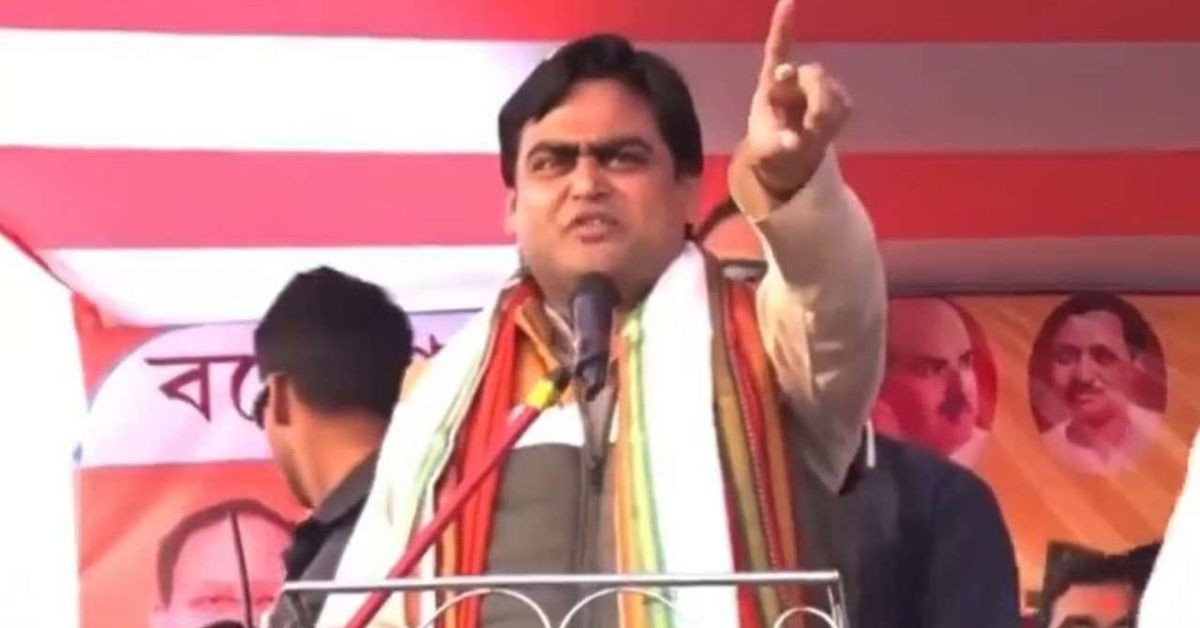According to Shantanu Thakur, Minister of State for Ports, Shipping, and Waterways, strengthening last-mile connectivity is essential to reducing logistical costs and enhancing the ease of doing business in India. Speaking at the PHD Chamber of Commerce and Industry’s (PHDCCI) “Gati se Pragati Conclave 2025,” Thakur claimed that better access to isolated towns and villages would promote social as well as economic advancement. As an illustration of how infrastructure promotes regional wealth, he pointed to the Chenab bridge in Jammu & Kashmir.
The government’s PM Gati Shakti National Master Plan is a vehicle to reduce supply chain bottlenecks and give local manufacturers access to international markets, Thakur continued, adding that “Vocal for Local can only succeed with a robust logistics infrastructure.” According to Bhibhu Prasad Tarai, a member of parliament and member of the Standing Committee on Industry, India’s growth ambitions by 2047 depend on the smooth integration of air, sea, and land transportation. “Proper connectivity is essential for the inclusive development that our Prime Minister has identified for women, farmers, and youth,” he said.
More than 96% of the Dedicated Freight Corridor (DFC) network has been put into service, according to Praveen Kumar, Managing Director of the Dedicated Freight Corridor Corporation of India (DFCCIL). DFCs will increase high-load capacity and lessen traffic on passenger routes, he said, referring to them as the “spinal cord” of India’s transportation network. In order to create sustainable freight mobility solutions, Kumar advised industry participants to take advantage of DFCCIL’s infrastructure.
Surendra Ahirwar, Joint Secretary, EDTC (Rates) at the Ministry of Railways, underlined the role of academic institutions such as Gati Shakti Vishwavidyalaya in training manpower for a modern logistics sector. He said ongoing dialogues on infrastructure and supply chain management are vital for national progress under the Gati Shakti plan.
Industry leaders called for deeper public-private collaboration, greater investment and technology integration to unlock the sector’s full potential. Rudra Shriram, Chair of PHDCCI’s Defense and HLS Committee and Director at DCM Containers, stressed the need for synchronized infrastructure development and data-driven planning to reduce costs. Manoj Kumar Jain, Co-Chair of PHDCCI’s Logistics Committee and MD of Deep Blue Express, emphasized inclusive hiring and upskilling as key to building a globally competitive logistics ecosystem.









